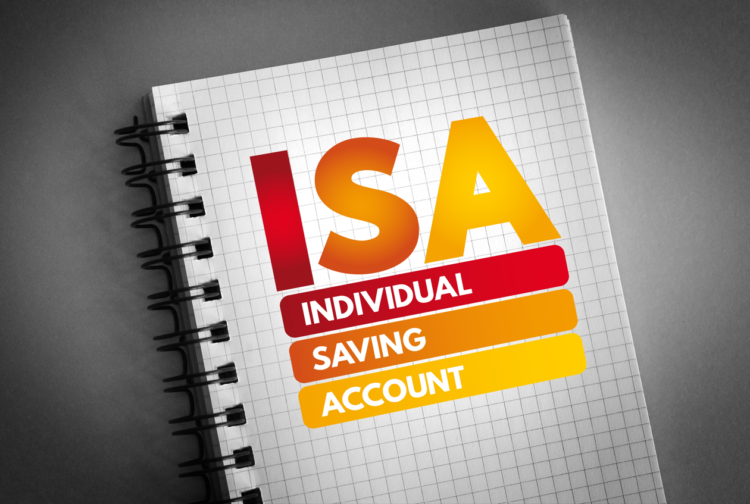As recent analysis revealed that soaring inflation in recent years has made the UK a population of savers, further research has found that 47 percent of British people do not know about the benefits of an ISA and 12 percent haven’t heard of them at all.
Research with 2,000 people, conducted by Censuswide and commissioned by personal finance website finder.com, revealed that a significant portion of the population could be missing out on valuable tax-free savings and investing opportunities.
Younger people were found to have the most limited understanding of ISAs, with 71 percent of generation Z (born between 1997 and 2012) admitting they don’t know what the advantages are, while 28 percent have not heard of them.
Millennials, born between 1981 and 1996, are slightly more familiar with ISAs than gen Z. But 58 percent still did not know about the benefits of investing in one and 16 percent did not know what they are.
Age gap
Older generations showed more awareness with 63 percent of people aged 43 and over confirming a degree of knowledge. However, while 30 percent in this age group had heard of ISAs they remained unclear about the benefits. And 8 percent of this generation had still not not heard of them.
The number of people that do not know about ISAs decreases by generation in this older age group, with 11 percent of gen X (born between 1965 and 1980), 7 percent of baby boomers (born between 1946 and 1964) and 3 percent of the silent generation (born between the mid 1920s and the mid 1940s).
Researchers said this could be due to the fact that older generations are more likely to have put money aside for saving or investing and so have done more research.
ISA tax shield
George Sweeney, investing expert at finder.com, said that the research shows one in 10 British people could be losing money on their savings and investments due to a lack of knowledge about what an ISA is and how they work.
“Any profit made by investing or saving can be taxed by the government, but an ISA can be used to shield these gains,” he said.
“The ISA allowance for the 2024/25 tax year is £20,000, meaning you can put anything up to this amount in a stocks and shares ISA, cash ISA or other type. You can split your allowance across ISA types, although you can only put up to £4,000 a year in a lifetime ISA.”
He said: “A stocks and shares ISA walks and talks like a regular investment account, but it’s what’s known as a ‘tax wrapper’. Similar to a pension, it has its own tax rules. Pretty much all investments in this wrapper aren’t subject to any tax. And, when withdrawing money, it doesn’t count towards someone’s income tax, unlike a pension.”
Sweeney explained that for people who prefer to save, a cash ISA allows you to earn tax-free interest on your savings pot.
“In the UK, most people can earn up to £1,000 in interest without paying tax, but anything over that will be taxed – unless it’s in an ISA.
“Setting up an ISA is usually dead simple. Typically, a standard account needs to be opened with a trading platform or bank. You can also transfer money from previous years’ ISAs without it counting towards your £20,000 allowance. Just make sure this is done by request through the bank or investing platform rather than withdrawing the money yourself so it doesn’t lose its tax-free status.”
Sweeney added that people considering an ISA should think about their savings timeline to help decide on the right type of ISA for any immediate or future goals.
“It might serve you best to use a blend of ISAs to maximise the benefits. For example, building up a significant emergency fund with a cash ISA, putting money aside for a first home with a lifetime ISA, and investing for the future with a stocks and shares ISA. And as you move through life stages you can adjust your ISA accounts to match your circumstances, while ensuring you pay as little to no tax on any interest or profit.”












